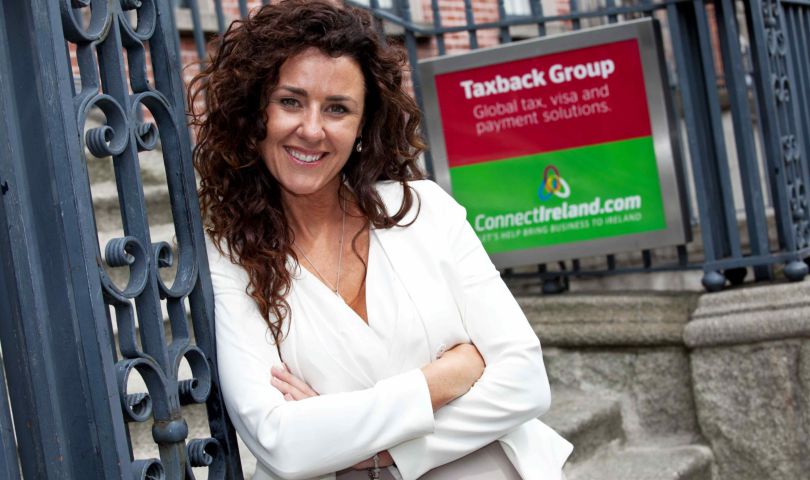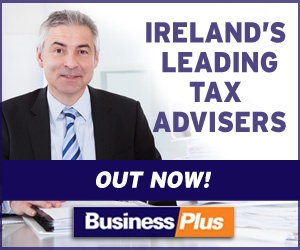The number of people filing tax returns this year as self-assessed taxpayers is expected to be c.750,000, according to Taxback.
Last year Revenue received 730,000 self-assessed tax returns, and all those people, plus this year’s new entrants, will need to file this year’s return before the ROS deadline of Tuesday November 12.
Taxback chief executive Joanna Murphy (pictured) said: “While maintaining an efficient tax regime can be challenging for any business, we find this is particularly the case for new business owners and traders who may lack experience in managing their own tax and filing a self-assessed return.
“We call on all businesses, both new and established, and any other individual in receipt of non-PAYE income, to be aware that the filing deadline is approaching, and to ensure that they take the necessary steps to prepare their accounts and documentation for October 31 and by doing so, avoid any penalties for late filing.”
Murphy pointed out that PAYE taxpayers need to be aware of the rules too. “If people do find themselves with additional income, perhaps outside of their PAYE employment, they are required to file a tax return," Murphy explained.
"If you have earned more than €5,000 net untaxed a year, you will need to register as a self-assessed individual with Revenue by completing a TR1 form. You’ll then need to file a Form 11 tax return and make a tax payment for the previous year’s earnings.
“If you earned something less than €5,000 in the year, you will still need to file a return by submitting a Form 12. Similarly to Form 11, your earnings from the previous year will be relevant when completing a Form 12. This could mean income from renting out a property, dividends received from shares, income from casual child-minding duties, or indeed anyone who has opened a foreign bank account during the previous year.”
Taxback sets out three steps for the newbie self-assessed taxpayer:
- Consider all your sources of income. If you have income that was not subject to PAYE or DIRT, it is likely you’ll need to declare it via your tax return. You should contact Revenue to see whether you need to register as self-assessed.
- Consider what deductions may be available and check if you are claiming all your allowable expenses and deductions.
- Check whether there are any other reliefs or credits, such as for medical expenses, flat-rate expenses, or college or training fees.










